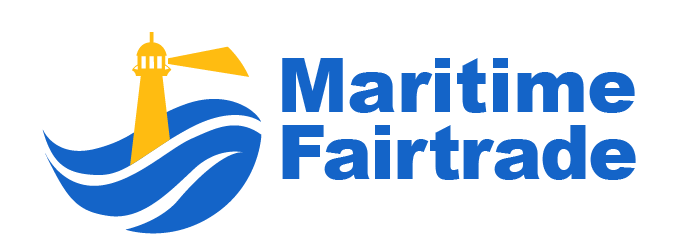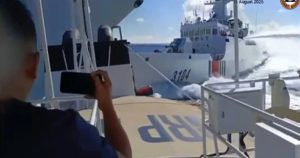On May 24, the MSC Elsa 3, an aging cargo ship over two decades old, tilted off the coast of Kochi, India, after encountering an operational issue. The ship was carrying over 640 containers when it began to list alarmingly, prompting its crew to abandon ship after failed attempts to stabilize it. Eventually, the MSC Elsa 3 sank, coming to rest 50 meters beneath the sea.
Among the cargo, the manifest indicated that 13 containers contained hazardous materials: twelve with calcium carbide—a reactive substance—and one with a rubber solution. As the ship settled on the seabed, about 50 containers, many of which were empty, were found floating due to rough monsoon conditions. The reaction between the rubber solution and seawater has led to the presence of plastic pellets along the Kerala coastline. Additionally, five containers of calcium carbide remain submerged and pose potential environmental risks, while reports of oil pollution have also surfaced, raising concerns about the ship’s heavy fuel oil and diesel reserves, which amount to 365 tonnes and 60 tonnes, respectively.
Historical precedents underline the urgency of addressing this situation effectively; a 2017 incident involving heavy fuel oil spillage due to a collision near Chennai highlights the potential environmental impact. Currently, the MSC Elsa 3 contains large amounts of fuel that could escape if immediate remediation efforts are not undertaken. The Indian government has taken steps to mitigate the situation, engaging salvors who will operate under international insurance guidelines. The Coast Guard has been designated as the primary agency for managing such incidents under the National Oil Spill Disaster Contingency Plan (NOS-DCP).
As the country gears up for ambitious economic growth and an expected increase in maritime traffic, the incident has raised critical questions about India’s preparedness for maritime disasters. The Kerala response thus far demonstrates a proactive approach, contrasting with the delayed and confusing response seen in the Chennai incident. This situation serves as a test case for how well India can manage future maritime challenges, particularly with the projected increase in diverse vessel types and cargoes operating within its waters.
Overall, the incident with MSC Elsa 3 underscores the complexities and risks associated with global shipping logistics, especially regarding hazardous cargo. Quick and effective action is necessary to prevent environmental damage and to establish protocols for handling similar maritime emergencies in the future.
Source link





